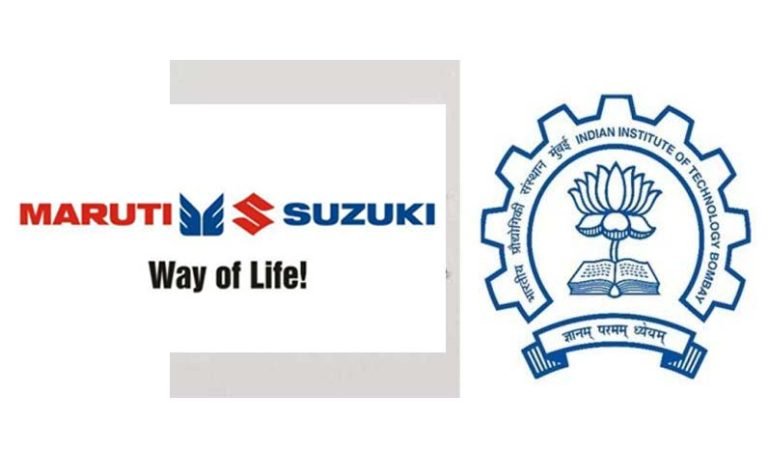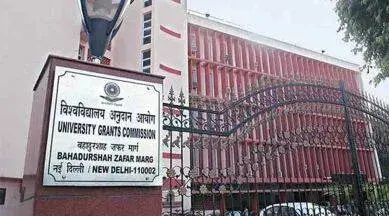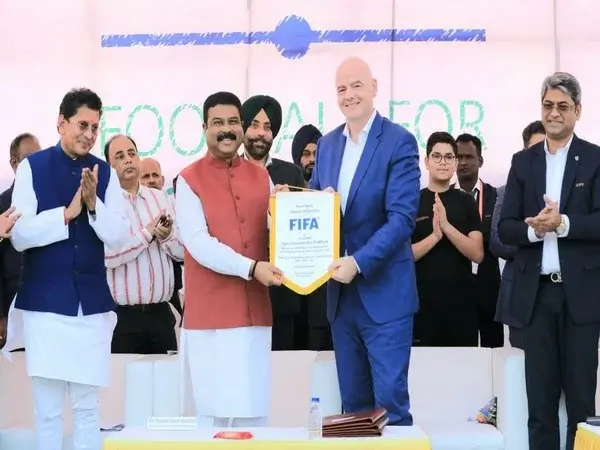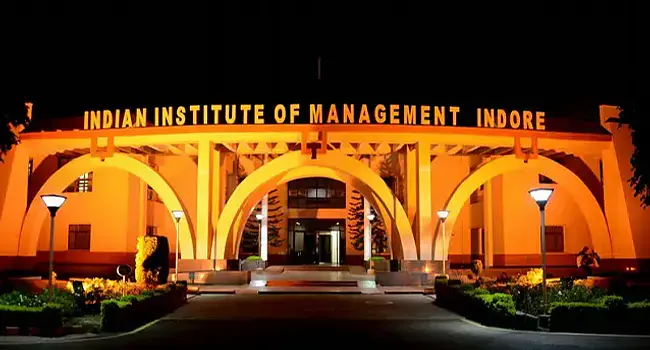T G Sitharam, Director of IIT-Guwahati, has been appointed as the new AICTE Chairman
The All India Council for Technical Education’s new Chairman is T G Sitharam, the director of IIT Guwahati. He will head AICTE for three years or until he is 65, whichever comes first, according to a government notification dated November 17. Sitharam will succeed UGC Chairman Jagadesh Kumar, who served as interim AICTE Chairman when Anil Sahasrabuddhe was released from his duties on September 1, 2021, after reaching the age of 65. His appointment coincides with the Ministry of Education wrapping up a Bill that aims to merge the AICTE and the University Grants Commission into a super regulator known as the Higher Education Commission of India. IIT Guwahati now has a vacancy as a result of Sitharam’s appointment because his term as Director was only supposed to end in July 2024. He was a Professor in the department of civil engineering at the Indian Institute of Science, Bangalore, prior to assuming the position of Director of IIT Guwahati. He has previously served as the chair professor for the IISc’s Department of Energy and Mechanical Sciences. His areas of interest in research include earth dams and tailing ponds, geotechnical earthquake engineering, and rock mechanics and engineering.
T G Sitharam, Director of IIT-Guwahati, has been appointed as the new AICTE Chairman Read More »










